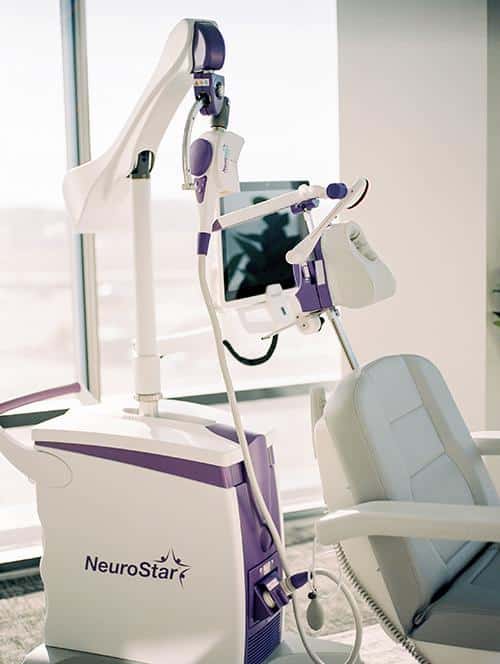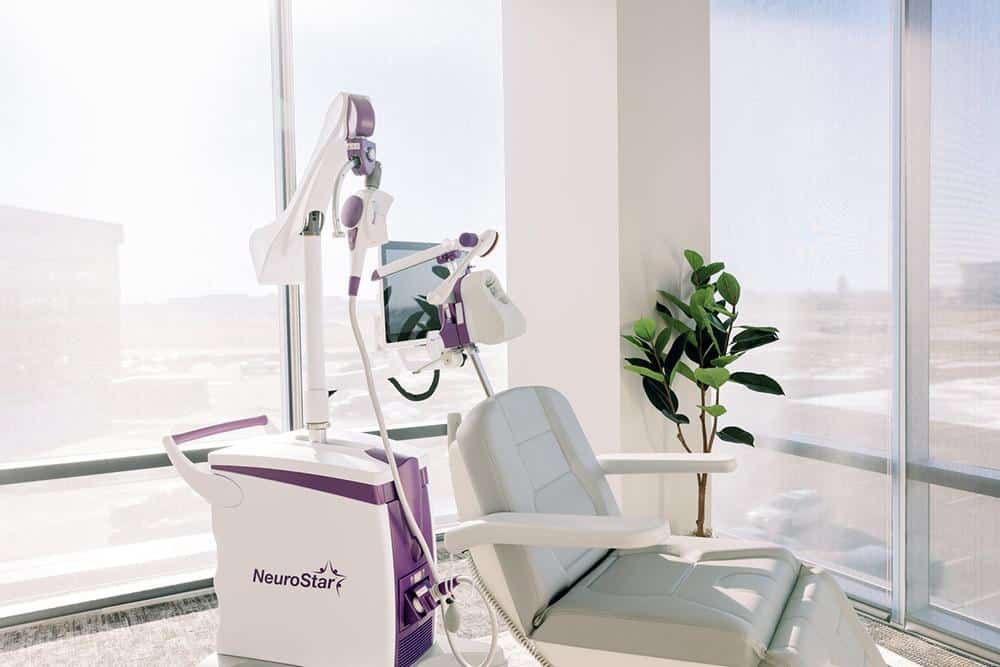If you have a loved one or friend who is dealing with depression, you understand the profound impact it can have on their life—and yours as well. Depression is a serious mental health condition that can make everyday activities feel insurmountable, and it can be difficult to know how to approach your loved one, offer your support, and encourage them to seek the help they need. But it is important to remember that you don’t have to face this alone, and neither does the person you care about.
Helping someone with depression requires a great deal of empathy, patience, and understanding. Whether you are supporting a partner, a parent, a child, or a close friend, being present and compassionate is key. At the same time, it's crucial to help them take steps toward finding the right treatment, like TMS, which could be a life-changing option for them.

If you have a loved one or friend who is dealing with depression, you understand the profound impact it can have on their life—and yours as well. Depression is a serious mental health condition that can make everyday activities feel insurmountable, and it can be difficult to know how to approach your loved one, offer your support, and encourage them to seek the help they need. But it is important to remember that you don’t have to face this alone, and neither does the person you care about.
Helping someone with depression requires a great deal of empathy, patience, and understanding. Whether you are supporting a partner, a parent, a child, or a close friend, being present and compassionate is key. At the same time, it's crucial to help them take steps toward finding the right treatment, like TMS, which could be a life-changing option for them.

Depression is not always immediately obvious, and it can manifest in various ways depending on the person. Symptoms may range from physical changes like fatigue to emotional shifts such as persistent sadness or irritability.
If you notice the following signs in someone you care about, it’s important to act, as early intervention is often critical:
If you recognize these symptoms in a loved one, don’t hesitate to offer help. Depression is a treatable condition, and encouraging them to seek help can be the first step toward their recovery.
Depression in adolescents can be particularly difficult for both the young person and their parents. It may be challenging to know how to reach out to a teenager, especially when they may be reluctant to open up.
Acknowledge the seriousness of the situation and start by having an open and honest conversation with your teen. Encourage them to express their feelings and listen without judgment. Let them know you care and that you are there to support them through the process of seeking help. One potential treatment option to consider is TMS, a safe, non-invasive therapy that has shown promise in treating depression in both adults and adolescents.

Depression in adolescents can be particularly difficult for both the young person and their parents. It may be challenging to know how to reach out to a teenager, especially when they may be reluctant to open up.
Acknowledge the seriousness of the situation and start by having an open and honest conversation with your teen. Encourage them to express their feelings and listen without judgment. Let them know you care and that you are there to support them through the process of seeking help. One potential treatment option to consider is TMS, a safe, non-invasive therapy that has shown promise in treating depression in both adults and adolescents.

While traditional antidepressants can be helpful for some people, they don’t work for everyone and often come with side effects. If your loved one has not had success with medications or has been struggling with the side effects, it may be time to explore alternative treatments likeTMS.


While traditional antidepressants can be helpful for some people, they don’t work for everyone and often come with side effects. If your loved one has not had success with medications or has been struggling with the side effects, it may be time to explore alternative treatments likeTMS.

It’s important to be supportive when encouraging your loved one to seek professional treatment. While it may be tempting to try and solve the issue on your own, depression is a complex condition that requires expert care. Gently suggest exploring treatment options like TMS if traditional methods haven’t been effective.
Make sure they feel supported throughout the process, whether that means accompanying them to appointments or helping them research treatment options. If your loved one is hesitant to seek help, remind them that getting help is a courageous step and that recovery is possible.

To learn more about how TMS can help your loved one on their journey to recovery, get in touch with a Blossom TMS clinic provider. They will be able to provide detailed information about the therapy and guide you through the process of getting started.